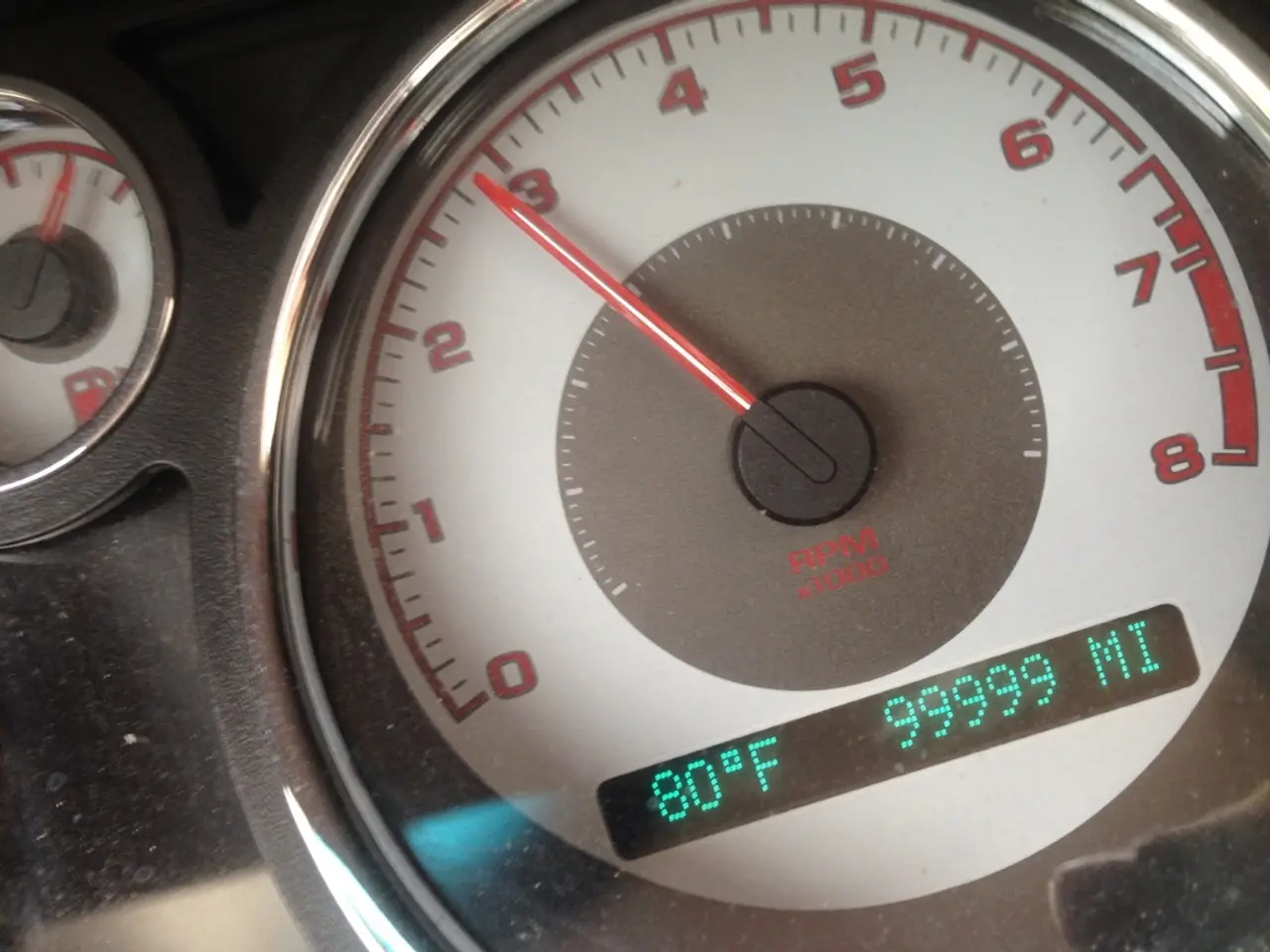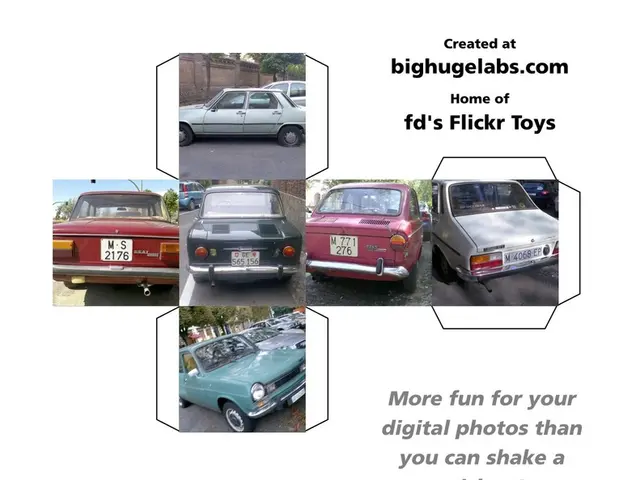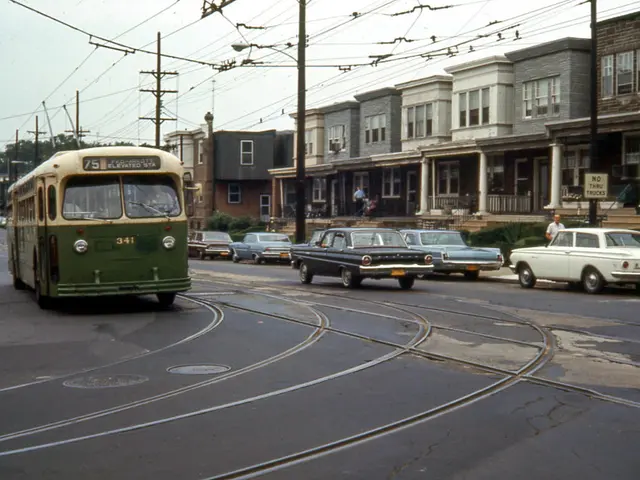EU Debates Expanding Particle Number Test to Gasoline Engines for Cleaner Air
The particle number measurement (PN) for diesel engines has been in effect in Germany since 2023, but discussions are ongoing about expanding this test to gasoline engines, particularly modern direct injectors, and potentially to older Euro-5b diesel vehicles. This move aims to close gaps in the vehicle inspection process and ensure cleaner air.
The PN measurement is already mandatory for Euro-6 diesel vehicles during the exhaust gas testing (AU) in Germany. However, there's a debate about more frequent main inspections and expanded checks for older vehicles. Supporters argue that this would lead to cleaner air, more reliable on-road values, and fairness between diesel and gasoline engines. Critics, like GTÜ, warn of a poor cost-benefit ratio for older Euro-5b diesel engines, as suitable retrofit solutions are unclear.
EU committees and testing organizations, such as TÜV and GTÜ, are discussing the expansion of the PN measurement. They aim to detect defective exhaust systems and manipulated systems, even in gasoline engines. Drivers might expect more testing effort, possible additional costs, and higher failure rates in the HU/AU due to the PN test. Owners can check their drive type, Euro norm, service history, and warning lights to see if they are affected by the upcoming changes.
The expansion of the particle number measurement to gasoline engines and potentially older diesel vehicles is a topic of ongoing discussion among EU committees and testing organizations. The goal is to ensure cleaner air and more reliable on-road values. Drivers and owners should stay informed about their vehicle's specifications and any upcoming changes to the inspection process.
Read also:
- Jaguar Land Rover Crippled by Ransomware Attack: 200,000 Jobs at Risk
- Comparing the value of top electric scooters: Kinetic DX versus Bajaj Chetak versus TVS iQube - Which one offers the best bang for the buck?
- China's Automotive Landscape: Toyota's Innovative Strategy in Self-Driving Vehicles
- BMW's latest release, the iX3, now available with M Performance enhancements.








